
Fill out the form below or call us today (770) 803-6400 for more information, or start an application!
In short Conventional loans are:
A conventional loan means a homebuyer’s mortgage is not backed or insured by a government agency such as the Federal Housing Administration (FHA) or Veterans Administration (VA). Buyers can use a conventional mortgage to purchase a one- to four-unit home, a condominium, modular or manufactured home as a primary, secondary or investment property.

Conforming conventional loans have a maximum loan limit set by Fannie Mae at the county level. In the case of non-conforming loans, banks generally set the limit at 80 to 90 percent of the home’s appraised value.
Down payments for a conventional purchase loan can be as little as 3% for qualified buyers. However, generally the borrowers for a Conventional loan have a down payment between 5% to 20% percent of a home’s purchase price. On a refinance, a conventional loan can have a loan-to-value (LTV) ratio as high as 95% with the addition of private mortgage insurance (PMI) or lender paid mortgage insurance (LPMI).
On a conventional loan, we will consider a buyer’s debt-to-income (DTI) ratio, which is determined by calculating the projected housing costs and actual recurring monthly expenses. A buyer’s home expenses include: monthly loan payment applied toward principal and interest, property taxes, mortgage and homeowners insurance in addition to all monthly expenditures.
A FICO credit score of 640 and higher increases a borrower’s rate of approval and may reduce the loan’s interest rate.
Borrowers who have filed a Chapter 7 bankruptcy case can apply for a conventional mortgage after four years from discharge date, and those who have filed a Chapter 13 may apply two years after the re-establishment of an active credit profile.
The current market and the borrower’s FICO credit score influence the interest rate he’ll receive on a conventional loan. Conventional loan programs at a fixed rate, where the interest rate stays consistently the same throughout the term of the loan, or as an ARM, an adjustable-rate mortgage, where interest rates initiate at a below-market rate and change on a designated schedule, which ranges from monthly to annually or longer.